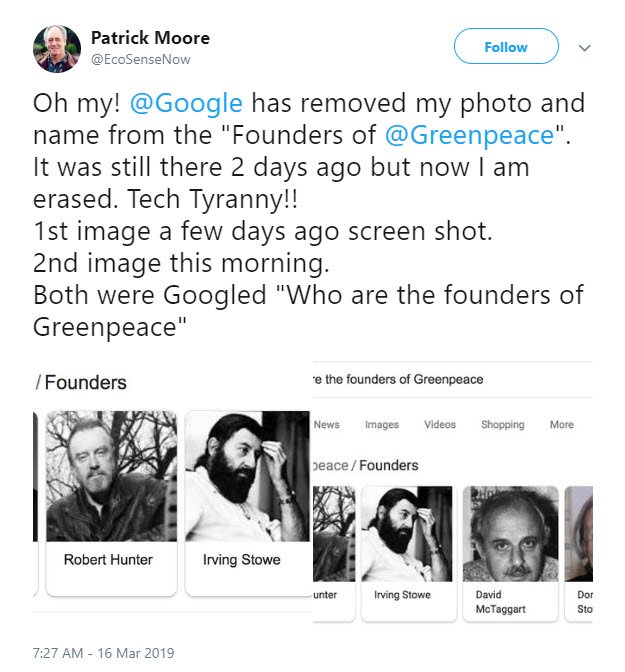
#schema.org v11 is out, with the biggest changes being to pending (i.e. vocabulary in development, pictured). bit.ly/2JsBt7y Some notable additions there... 



AmpStory - A creative work with a visual storytelling format intended to be viewed online, particularly on mobile devices. schema.org/AmpStory 

PriceTypeEnumeration (proposed by Google) - Enumerates different price types, for example list price, invoice price, and sale price. schema.org/PriceTypeEnume…
HyperToc (proposed by Google) - A HyperToc represents a hypertext table of contents for complex media objects, such as VideoObject, AudioObject. Items in the table of contents are indicated using the tocEntry property, and typed HyperTocEntry. [+ more] schema.org/HyperToc
PriceComponentTypeEnumeration (proposed by Google) - [more...]
Enumerates different price components that together make up the total price for an offered product.
Members:
ActivationFee
CleaningFee
DistanceFee
Downpayment
Installment
Subscription
schema.org/PriceComponent…
Enumerates different price components that together make up the total price for an offered product.
Members:
ActivationFee
CleaningFee
DistanceFee
Downpayment
Installment
Subscription
schema.org/PriceComponent…
SeekToAction - This is the Action of navigating to a specific startOffset timestamp within a VideoObject, typically represented with a URL template structure. schema.org/SeekToAction
• • •
Missing some Tweet in this thread? You can try to
force a refresh






